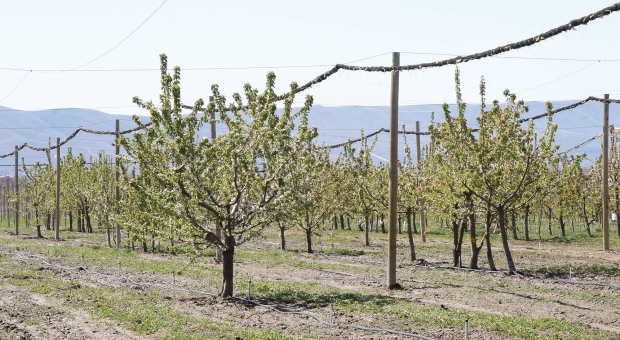
Thousands of own-rooted seedlings are planted in Phase 1 of WSU’s cherry breeding program at Prosser. The most promising selections are moved to Phase 2 for further testing at multiple locations. (Melissa Hansen/Good Fruit Grower)
Washington State University’s sweet cherry breeding program has just one elite selection that is being tested in orchards in Washington and Oregon for possible release. It is an early cherry that matures a few days after Chelan.
The variety, known as Rosa 2 (R2), is being fast-tracked, and 100-tree plots were planted last year at five locations in Washington and Oregon.
Tom Auvil, research horticulturist with the Washington Tree Fruit Research Commission, said the trees might produce enough fruit for storage and packing tests in 2016 or 2017.
Dena Ybarra, who is on the cherry breeding program’s advisory committee, said the committee will want to see two or three crops of fruit from those trees before deciding whether the selection should be commercialized.
The breeding program has three phases.
Phase 1: Fruit is evaluated for three years after the trees begin to bear, which is about three years after planting. There are 10,000 own-rooted seedlings undergoing initial evaluation in Phase 1.
Particularly promising selections can go on a fast track after only one year of fruiting, though it takes two years to grow the trees for further evaluation.
Phase 2: The most promising selections are moved to Phase 2, where five trees of each selection are planted in three locations and compared with a commercial variety. There are currently 27 selections in this phase.
Phase 3: Elite selections are planted in replicated trials in grower orchards in Washington and Oregon so that enough fruit can be produced for commercial handling and final evaluation.
R2 is the only selection in this phase.
Auvil said another dark red selection (R25), which is several days earlier than Chelan and has “fabulous quality, firmness, and flavor” is in Phase 2.
But Dave Allan, a lower Yakima Valley grower who’s also on the cherry breeding program’s advisory committee, says he’s not sure about the potential for either of those selections yet.
Every week during cherry harvest, Allan joins Ybarra and Jeff Cleveringa, another advisory committee member, to walk WSU’s test plots in Prosser and taste and evaluate the ripening fruit.
“The industry wants those cherries, but I don’t have enough experience to come to any real conclusion,” said Allan. “I haven’t seen enough fruit. I’m not nearly that optimistic that we actually have something.”
He’s evaluating both of them on his farm, but the trees were only planted within the last couple of years.
Allan is excited, however, about a dark red cherry (an offspring of Regina) that he says is “a monster.” A nine-row cherry weighs about 12 grams, and this selection (R29) weighs 17 grams, and is firm, too.
Allan said this selection was among half a dozen that looked big and wonderful until it rained two seasons ago and all but this one split. The tree is large and productive, but he’s not sure about fruit flavor. Right off the tree, it tasted good, but after a week in storage it was less impressive. It matures a couple of days after Bing (around June 24 in Prosser.)
“I would have to say this tree was overcropped, but it had immense cherries, so that’s pretty exciting and, even if it doesn’t work out, the genetics are there for big cherries and extremely high production.”
The selection is still in the first phase of the program.
Auvil said there’s also a very large blush selection (R21) that averages 18 grams and matures around June 19.
Although it will be years before a cultivar is ready to release, WSU is creating a Cherry Cultivar Licensing Committee—made up of cherry industry representatives—to provide guidance on how to commercialize new cultivars. This will be similar to a committee that works with WSU’s apple breeding program.
WSU and the Tree Fruit Research Commission and the Oregon Sweet Cherry Commission, which help fund the program, all need to sign the enabling documentation, and then the two commissions will nominate members to the new licensing committee.

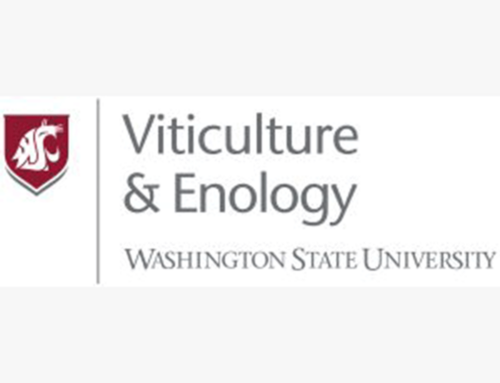
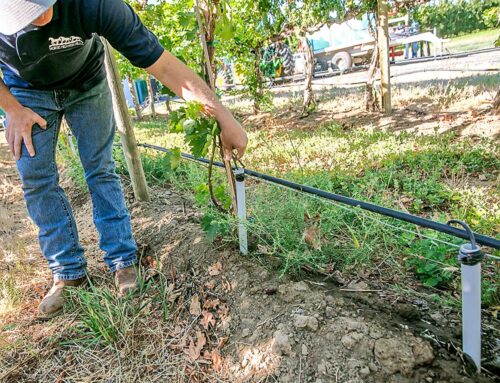
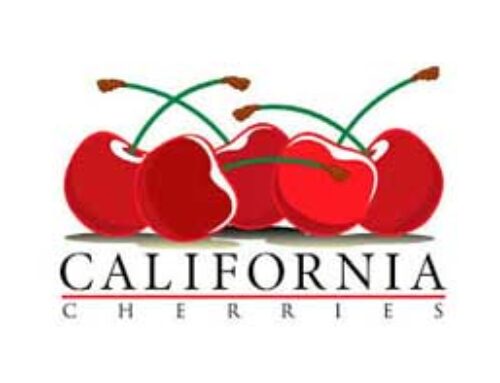
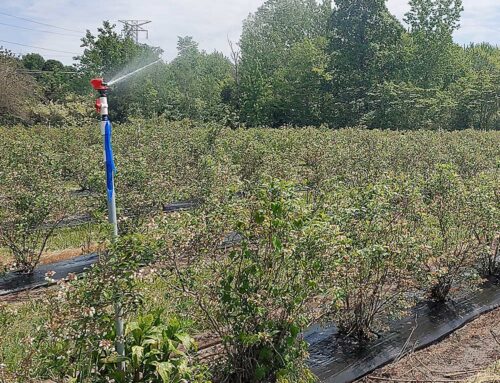
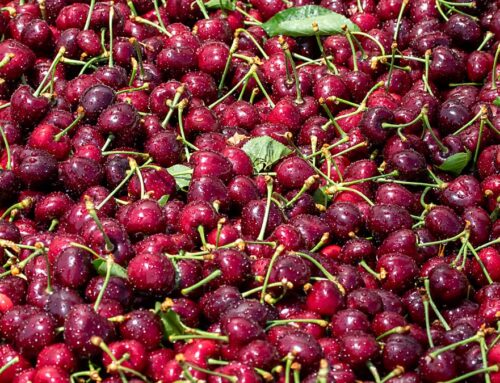
Leave A Comment